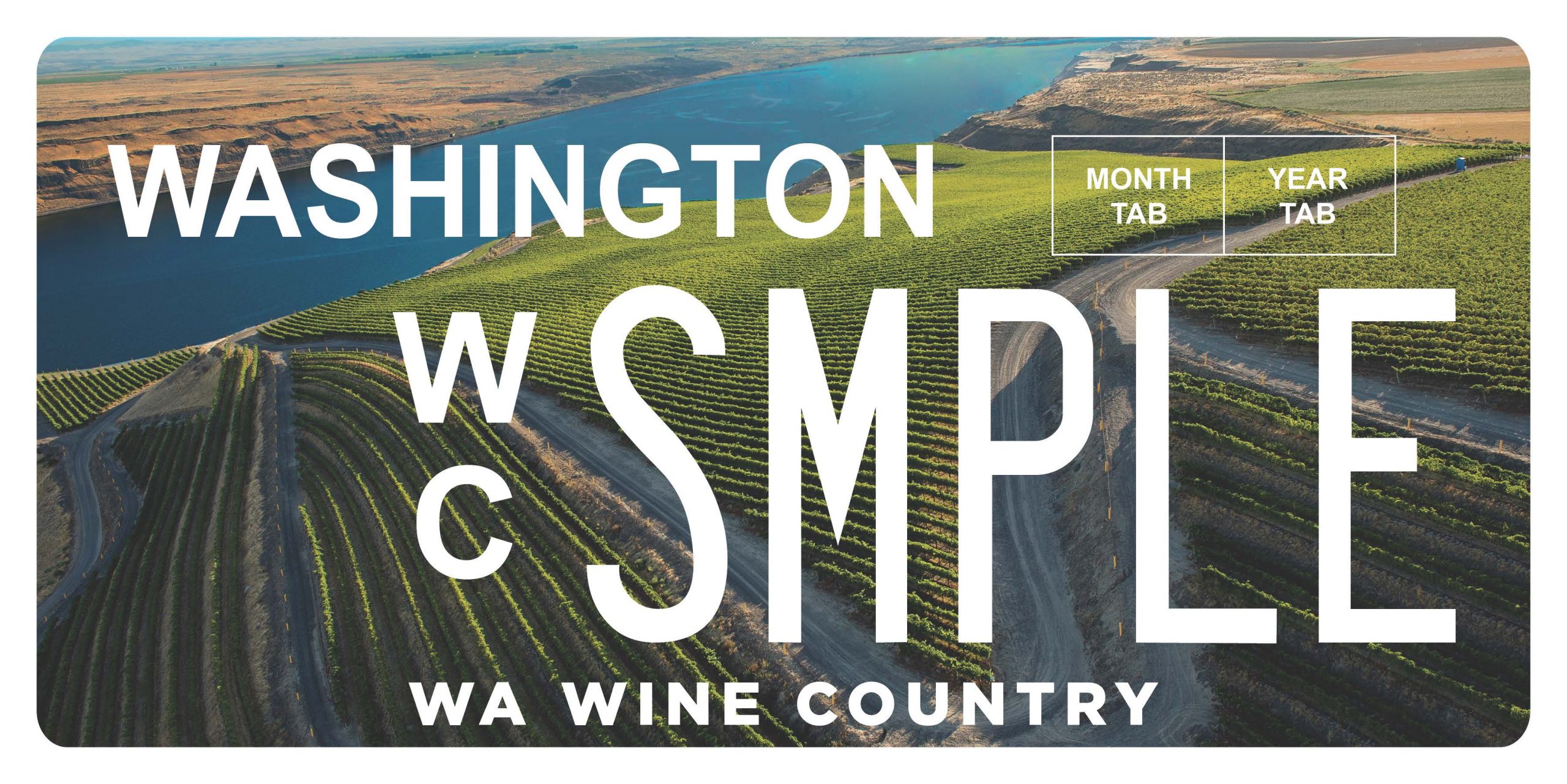One of the biggest cutoff dates of the session happened March 8th, when all bills must be voted out of their respective chambers to be still “alive” and worthy of further consideration.
For WWI priorities this session, we are excited to share that a few of our top priority legislative proposals continue to move through the process while other very concerning bills we worked hard to educate lawmakers on the harm they would cause and to not support them moving forward by the March 8th cutoff.
HB 1258, a 300% increase in dedicated tourism funding for Washington State, passed the House 96-0.
SB 5448, our alcohol-to-go and outdoor seating modernization permanence bill, passed the Senate Wednesday afternoon (and just before the 5 PM cutoff deadline) by a vote of 38-10.
SB 5002, the .05 BAC bill, failed to receive a vote by the full Senate and for now appears to be no longer a consideration for this session.
Finally, HB 1131 a very long and comprehensive bill overhauling our waste management and recycling system died in the House Chamber.
 Member Login
Member Login

